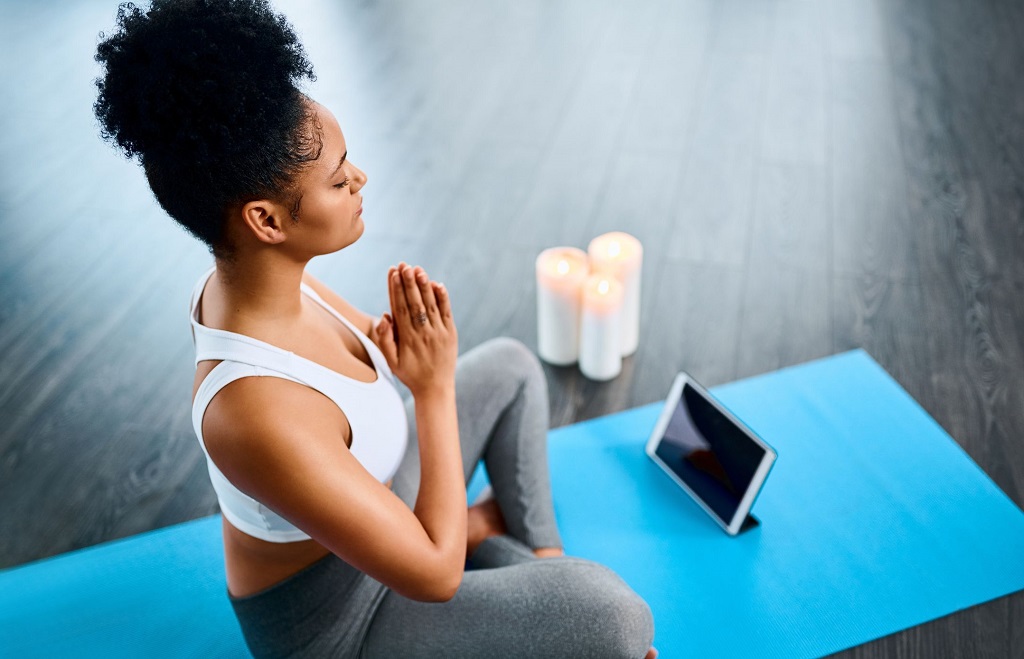
02 Jan How to do self-relaxation to reduce stress
Stress is a part of life. It’s not going anywhere anytime soon, so it’s important to find ways to manage stress. Self-relaxation is one of the best ways to reduce stress and relax your body and mind. Here are some simple steps that can help you get started.
How to do self-relaxation to reduce stress?
Self-relaxation is a technique that focuses on calming the body and mind. It involves taking deep breaths and focusing on the present moment to reduce stress levels.
If you’re suffering from high levels of stress, then trying self-relaxation may be an effective way for you to manage it. Studies have found that this type of therapy can reduce anxiety levels in people with chronic pain conditions by as much as 50%.
Put a stop to what you’re doing
The first step is to stop what you’re doing. It might be as simple as taking a break from the task at hand and going for a walk, but any change in routine can help. If you’re feeling particularly stressed out by something that’s happened, try sitting down and closing your eyes for five minutes. This will give your brain a chance to slow down and recharge before getting back into whatever brought on this stress in the first place.
If you need some time alone or just want an excuse not to go back to work yet then go outside! Being outdoors has been proven by science (and my personal experience) as being very helpful when trying to de-stress!
Think about the causes of stress
Rather than just accepting your stress as a fact of life, it’s good to think about the causes of your stress. By understanding what is making you feel this way, you can start to change those things. In addition, the more you understand how people react to different types of stressors and how they might be able to deal with them in healthier ways, the better equipped you’ll be to handle any future stressful situations that come along.
Try to make yourself comfortable
First and foremost, you need to be comfortable. If you’re lying down and feeling uncomfortable, it will be hard to relax. However, if you can’t lie down because of certain medical conditions or other reasons, then it’s okay to sit up straight with your feet flat on the floor and your back supported by a chair or couch armrests.
Concentrate on your breathing
Breathing is one of the easiest ways to relax, and it’s something you’ve been doing since birth. The way you breathe can indicate whether or not you’re stressed out. For example, if your breathing is shallow and rapid, that means you’re experiencing more anxiety than usual. Try closing your eyes and focusing on your breath as it moves in and out of your body. It might help to place one hand on your belly while doing this exercise so that you can feel how quickly or slowly the air travels up into your lungs when the diaphragm contracts (breathing in) and relaxes (breathing out). It’s important not to hold onto a single breath for too long.
Try progressive muscle relaxation
One of the best ways to reduce stress is through progressive muscle relaxation. Progressive muscle relaxation is a technique that helps you calm down by focusing on tensing and relaxing your muscles, starting from your feet and moving up to your head.
To begin, sit or lie in a comfortable position. Close your eyes and take long, slow breaths in through the nose for 4 seconds, then out through the mouth for 6 seconds. Focus on how it feels to breathe in deeply, allowing yourself to let go of any tension as you exhale slowly.
Identify positive thoughts and images
Now that you’ve taken a few minutes to quiet and calm your mind, it’s time to identify positive thoughts and images. The key here is to find something that brings you joy, whether it’s a memory or something new. If it works for you, think about why this thing makes you feel happy. Maybe there’s something about how the color is arranged or how the image looks on its own without words.
Distract yourself
Distracting yourself is a great way to keep your mind off of whatever it is that’s stressing you out.
Be mindful of the distractions you have available to you. If you’re in a room with a co-worker and they’re talking about going out for drinks after work, this may distract from your stressors (for example, if the co-worker was trying to convince you that their latest ex was an “asshole”). But if everyone else in the office is currently focused on their work or on something interesting enough that they don’t even notice what’s going on around them, then this might not be as effective as it could be.
Distractions can be good or bad depending on what they are. If someone tells an embarrassing story about themselves and gets everyone laughing hysterically while they do so—that’s probably not such a good distraction. However, if someone mentions how excited they are about their favorite TV show returning next month and want to watch it together. This would help reduce stress levels!
Focus first before getting distracted by other things like hobbies or social obligations. Because these can allow us more time away from our current problems without focusing too much energy on those issues instead of solving them firsthand when possible.
Set aside time for hobbies and fun activities
When you have time, try to find ways to relax and enjoy hobbies or fun activities. Hobbies are things that you enjoy doing in your free time, such as reading or painting. Fun activities are typically social events (like going out with friends), but they can also be physical activities that bring you joy. Like exercising or playing sports. For example, if your hobby is writing short stories, set aside some time each day for this activity by creating a routine where it will be more likely than not that you’ll get the opportunity to write for an hour after work each day. Or if your favorite thing about being at home is cooking dinner with friends, then consider making plans for social meals every week and inviting friends over regularly so everyone has an opportunity to cook something new or try a new recipe together!
Conclusion
Although stress is a universal experience, and you can’t completely avoid it, you can take steps to reduce the impact of stress on your life. Self-relaxation is one tool for doing just that. It offers an alternative to letting stress take over and overwhelm you. A way to step back from your situation and gain some perspective on it. This will give you more control over how much stress influences your life so that even though there will always be some level of stress, it doesn’t have as much power over you!

Sorry, the comment form is closed at this time.